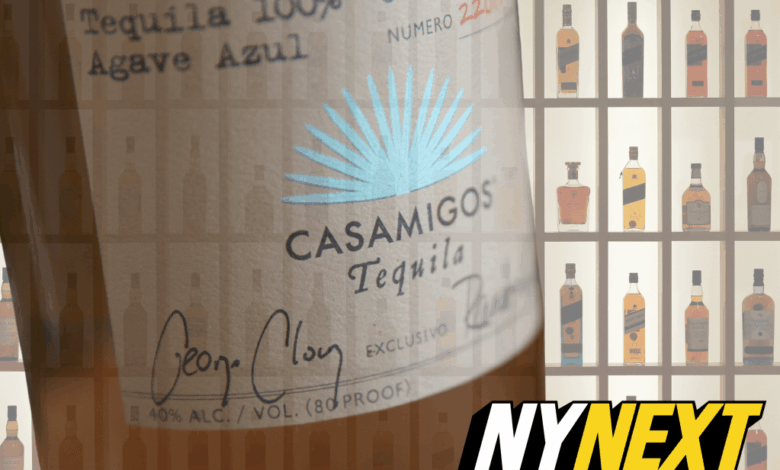George Clooney’s Casamigos, Don Julio tequila accused of deception: lawsuit

George Clooney’s Casamigos tequila brand, once ranked fourth in the world, is now facing a lawsuit alleging that consumers have been paying premium prices for an inferior product.
Casamigos and Don Julio, both claiming to be made exclusively with 100% Blue Weber agave, are priced between $50 and $150 per bottle. In contrast, cheaper tequilas, known as “mixtos,” only require 51% of the sugar to come from agave, with the rest typically being ordinary cane sugar.
The lawsuit, filed against Diageo, the parent company of both brands, alleges that lab tests reveal a significant amount of cane sugar in both Casamigos and Don Julio, despite their claims of being 100% agave.
The lawsuit, filed by Avi Pusatezri, Chaim Mishulovin, and restaurant Sushi Tokyo, seeks $5 million in damages each. The case highlights a new testing method that can detect cane sugar adulteration in tequila.
Hagens Berman, the firm behind the lawsuit, stated, “Diageo marketed its tequila brands as ‘luxury’ and ‘super-premium’ and sold them at prices that reflected those promises to consumers. Diageo is not above the law, and we believe this deception has a real price tag.”
The lawsuit comes as a challenge for Diageo, which recently settled disputes with Diddy over his Ciroc vodka and Deleon tequila brands.
Diageo defended the quality and integrity of its tequilas, stating that they are crafted from 100% Blue Weber Agave. George Clooney, co-founder of Casamigos, has not commented on the lawsuit.
This story is part of NYNext, an insider insight into NYC’s innovations and political movements.
The lawsuit may lead to a broader scrutiny of premium alcohol brands and their production methods, potentially impacting consumer trust in the industry.
As more individuals embrace sobriety or “California sober” lifestyles, paying attention to the quality and authenticity of alcoholic beverages becomes increasingly important.
The case also highlights the power dynamics between agave farmers and corporations in the tequila industry, emphasizing the need for transparency and accountability in production processes.
Consumers are encouraged to be mindful of the origins and composition of the beverages they consume, fostering a culture of informed consumption.





